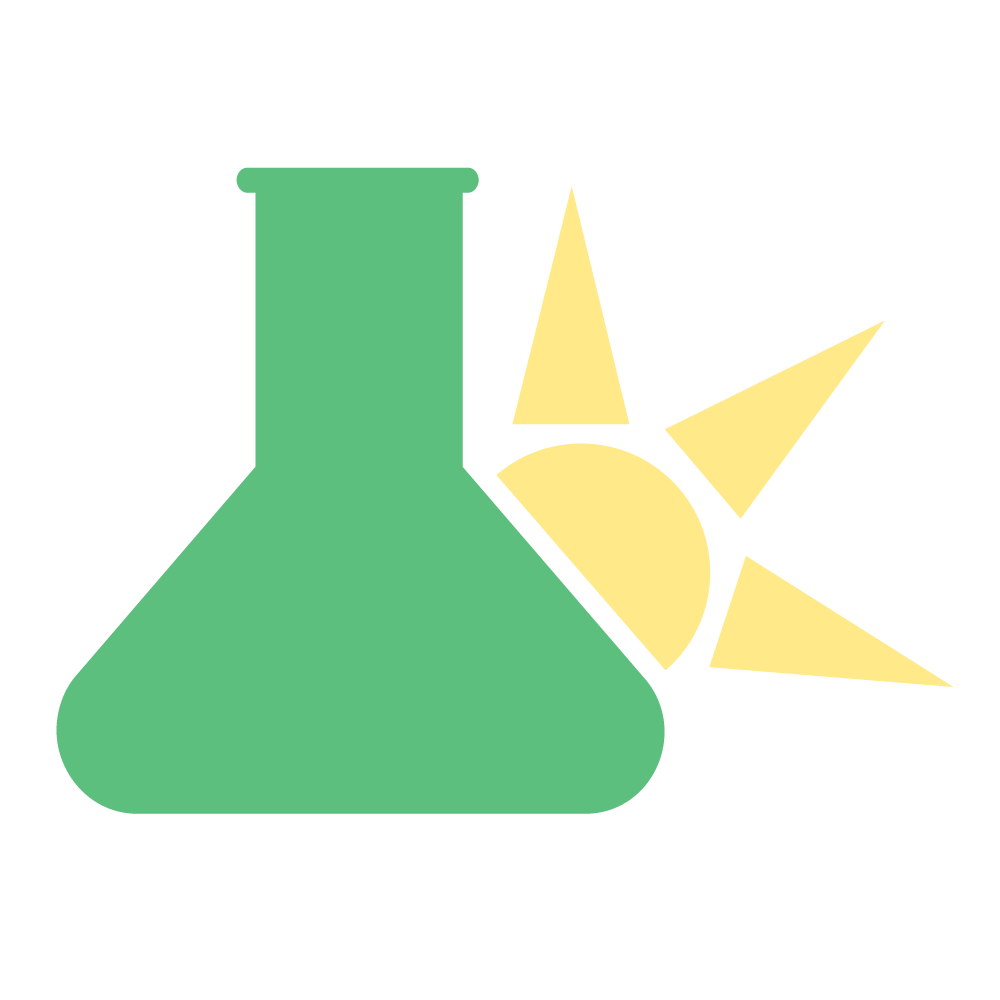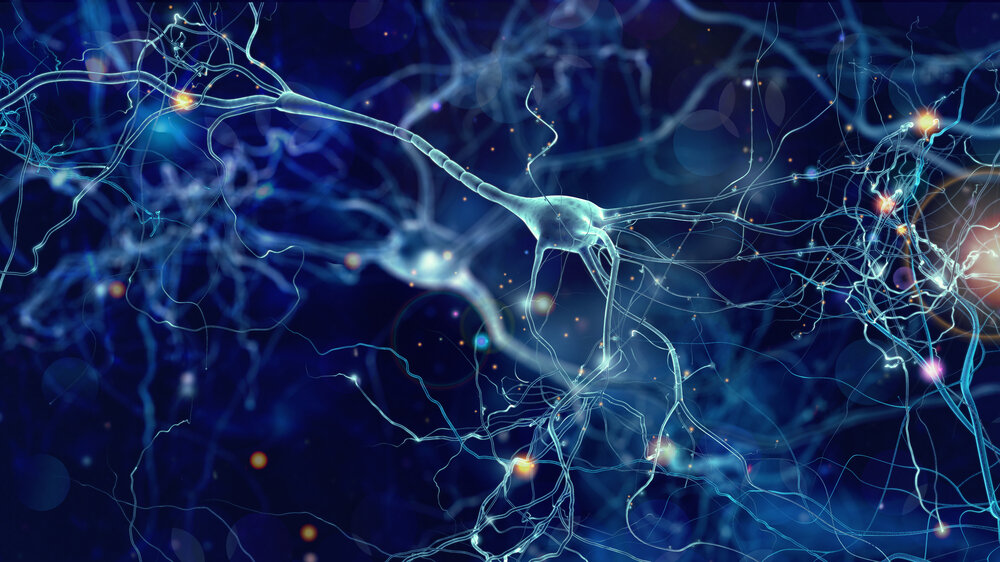Cholesterol & Heart Disease
Cholesterol isn't famous for its role in our cell membranes, or as a precursor to many of our hormones of our body.
It's famous for its role in heart disease.
Cholesterol is blamed almost exclusively for the millions of deaths each year due to heart disease.
In light of this, medications used to reduce heart disease, most commonly called the statin drugs, earn billions of dollars each year as people attempt to reduce their chances of developing or worsening high cholesterol levels.
What Is Cholesterol?
Cholesterol is a type of lipid created by your liver.
It's used in the body for a magnitude of important processes, some of which include:
It's used to give our cells strength and rigidity
it's a building block for hormones like testosterone and estrogen
It makes up the bile that breaks your food down after you eat
It helps form the synapses in your brain that are necessary for your brain to think and store memories
It's turned into vitamin D that regulates calcium levels throughout your body.
All of these things are absolutely necessary for life to exist. Cholesterol is not a “bad guy”, it is an important building block for the body.
Why is cholesterol blamed for being the number one killer in America, Australia, and the second leading killer in Canada?
Let’s explore this idea a bit further, but first let's discuss how cholesterol enters our bloodstream in the first place.
How Cholesterol Moves Around The Body
Cholesterol is a fat.
That means it won't dissolve into water.
Have you ever seen what happens when vegetable oil is placed into a glass of water?
All the oil separates and floats to the top.
The denser, heavier substance (water) sinks to the bottom, while the lighter substance (oil) floats to the top. The same thing would happen if we combined the oily cholesterol with our watery blood. The fat (including cholesterol) would try to separate from the water, and would end up accumulating on the outside of our blood vessels.
In order to travel safely and effectively through our blood, it needs to bind to a special carrier protein. This protein changes the structure of cholesterol enough to make it soluble in the watery blood. These carrier proteins are referred to as lipoproteins.
Lipo– means fats or lipids, and protein refers to its classification as a protein. When you stick the two together, you get a lipoprotein, or “fat-protein”.
There are a few different types of lipoproteins in the body, but the mains ones to consider in terms of heart disease are LDL, and HDL.
LDL stands for low density lipoprotein. it works to transport cholesterol from the liver where it is produced, to the other cells of the body. Due to the direction of travel, LDL is considered the "bad guy" because high levels of this lipoprotein in the blood means cholesterol is beginning to build up in the body.
HDL stands for high density lipoprotein and is used for the exact opposite. this protein acts to remove cholesterol from the body’s cells, and return it to the liver to break it down and turn it into bile salts for digestion.
When this protein is high, it means the body is reducing its cholesterol levels. This is the so called "good cholesterol".
Measuring Cholesterol
Cholesterol itself is never found in circulation alone. It will always be held on one of these proteins. To test for it then, doctors actually look for these lipoproteins in the blood. LDL and HDL levels are measured and compared. High cholesterol is defined as having 240 mg/dL and higher total cholesterol levels in the bloodstream.
Concern begins around 200 mg/dL total cholesterol levels.
LDL itself is considered high at 160 mg/dL and very high above 190 mg/dL.
How Cholesterol Leads To Heart Disease
The problem herein lies in the tendency for some individuals to have more cholesterol going out from the liver, than back to the liver.
If more cholesterol is going out than is coming back in, it is clear that cholesterol is building up somewhere in the body, and this cholesterol cycle is no longer balanced or healthy.
These buildups tend to be in the arteries since they have direct contact with circulating cholesterol.
The way this system works is very complex, and we don’t have a definitive answer as to the exact reasons why cholesterol will build up on the blood vessel walls. There are several theories to this, some better than others, which we will get into with more detail later on.
There is an undeniable correlation with LDL cholesterol and the existence of cardiovascular disease. This makes sense when you think about what the role LDL has. Its job is to deliver cholesterol from the liver to the cells of the body.
If you have a high LDL count in the blood compared to HDL (which removes the cholesterol), your body is building up more cholesterol than it's removing. The chances that this cholesterol is accumulating is therefore far greater.
If your HDL levels adequately match the amount of LDL, there isn’t a problem because cholesterol is being delivered to the cells , but is getting removed efficiently and therefore is not likely to build up and cause a blockage of an artery. As mentioned before cholesterol is actually a very useful molecule.
If we were to block LDL completely in an attempt to stop heart disease, we would actually have a long list of other issues. We wouldn't be able to produce testosterone or estrogen, cells wouldn't be able to divide and grow, and we would likely suffer deadly consequences from the lack of Vitamin D (which is produced from the cholesterol molecule).
Another Way To Look At It
The way cholesterol can cause the heart to fail is fairly abstract and complex.
Here is a metaphor to make the concept a little clearer.
Imagine cholesterol is a person on their way to work. They work in power plant, supplying the entire city with power. In the morning they wake at home (in the liver), get dressed, and prepare to leave. They don’t own a car and work is a long way from home so they decide to take a cab. This cab is LDL cholesterol.
Their job has 2 shifts, a night shift and a day shift. As the new day shift shows up to work in their cabs, the old shift is preparing to leave. The finished shift cannot take these same cabs, they must take the bus home instead (the busses are HDL).
There is a large crowd of people now at the front entrance. Many people are showing up to begin work, and many are waiting for the bus to go home. Today, only a few buses show up, and a lot of the finished workers are stuck waiting around, unable to leave.
The next shift ends, and a new set of workers show up in their cabs. Again, only a few buses show up to remove the finished workers, which isn't enough to take all of them home, and is especially not enough to take the workers left behind from the day before. There are now a ton of angry, stranded workers left behind just standing around.
This continues to happen, day after day, until eventually the entrance has become so congested nobody can get in at all. The power plant can no longer receive supplies to generate its power because the entrance has been completely blocked with workers.
Now that the rest of the city doesn't have power, the rest of the buildings begin to stop working one by one, until everything has shut down completely.
This is exactly what happens during a heart attack. Cholesterol builds up faster than its cleared away, and eventually there becomes so much that the blood flow to the heart is occluded. This starves the heart of oxygen and nutrients, and the heart tissue dies.












